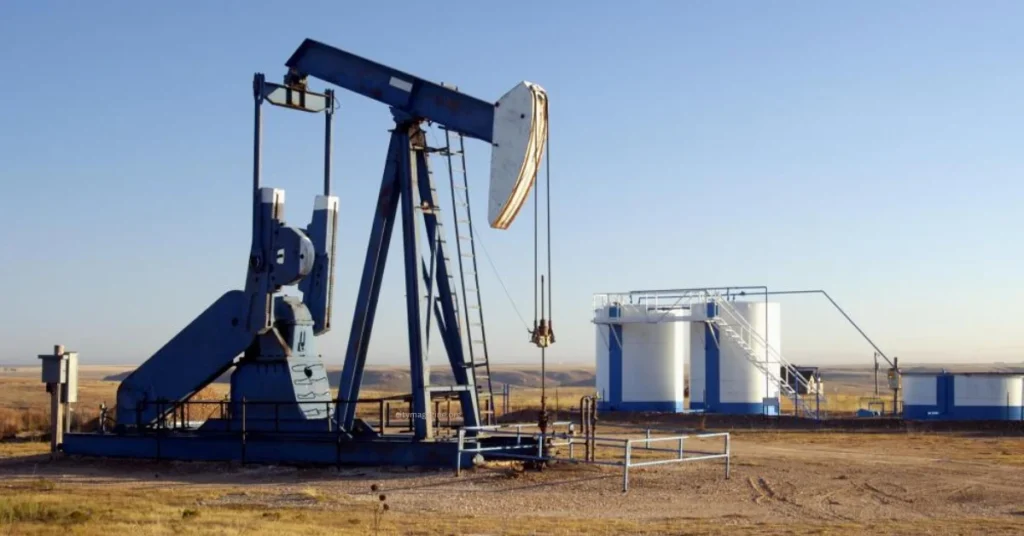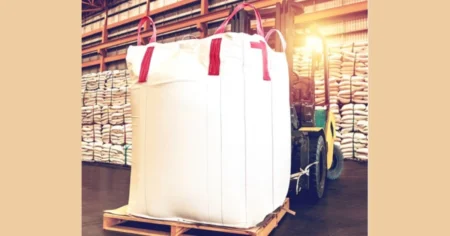Every industry knows how important lubricants are, specifically in ensuring that the overall processes and operations of the machines run smoothly. They are responsible for lubrication and the cooling of the parts that are operating relative to each other, causing friction and different strains on the machinery. Any equipment activity would be impossible without lubricating oil, especially with ships and other machines relating to the marine industry. It is important to incorporate the right marine lubricant to improve the engine operation and even reduce the wear-down rate of the device. With this, the entire machine’s maintenance cost can also be reduced.
Types and Grades of Marine Lubricants
Different types and grades of marine lubricants are available for marine equipment — depending upon the working conditions, operation, and machinery requirements. Moreover, when it comes to marine engines, it is very critical to choose the best grade of lube oil since it hinges on the entire engine operation, affecting the industry’s overall processes. Thus, selecting the correct lubricant with the right properties is critical for successful operations. These lubricants are a coolant to reduce friction, provide cushioning, act as a cleaning agent, protect the components and engine parts against corrosion, and many more.
Marine lubricants hold various properties, helping the machine to run at its optimal state. From its viscosity, alkalinity, and carbon residue to its oiliness, these tend to be properties that significantly impact the machinery’s overall well-being of the machinery. But then, generally, the different types of lubricants contain properties that depend on their function in a machine. Lubricants for four-stroke engines, for instance, have qualities similar to cylinder lube oil and system oil found in two-stroke marine engines.
Though this is the case, all lubricants still share the same goal. To reduce friction and heat, prevent damage, and prolong the life of engines and machinery. But then, marine oils have very important properties. These make them appropriate for their use in boat motors, aboard ships, and other marine-related areas.
Viscosity
In a general sense, viscosity refers to the ability of the fluid to resist its movement or flow. A measure of internal resistance to flow between liquid layers. It is one of the most important lube oil properties needed to determine what type of lube oil to use for the engines and different machinery based on its physical properties.
Lubricants with lower viscosity levels can easily pass through an area with small clearances. Those with higher levels, on the other hand, cannot. The advantage of those highly viscous fluids is that they are good for boundary lubrication. Thus, the type of lubricant you should choose must be an oil with neither too high nor too low viscosity fluids. This is for proper lubrication to take place.
Furthermore, the viscosity of fluids changes with temperature — it reduces when temperature rises and increases when temperature drops. A lubricant with a lower viscosity index also has a greater change in viscosity when the temperature changes. Those with a high viscosity index have very little difference in density when there is a temperature change. Thus, it is a desirable property for lubricating oils.
Alkalinity
The alkalinity of marine lubricants plays an important role in marine engines. It is one of the most important considerations with fats. When fuel is burned, sulfuric acid is released into the atmosphere, which can cause acidic corrosion. The main lube oil is also responsible for piston and liner lubrication in a trunk piston engine or four-stroke engine. Thus, it comes into direct touch with the combustible fuel. As a result, lubricant oil alkalinity is critical for preventing acidic corrosion.
Particularly in the case of four-stroke and trunk-piston engines. The oil lubricates the pistons and the liner, which come into contact with flammable fuel. In these cases, alkalinity aids in the management of acidic corrosion. On the other hand, a different type and grade of marine lubricant is required for two-stroke engines.
When the fuel burns, sulfur oxides are produced, which combine with the existing water vapor to make sulfuric acid. The lubrication oil’s alkalinity then counteracts these acidic effects. It’s more crucial because lubricating oil carries liner lubrication in four-stroke engines. The fuel oil’s sulfur level determines the lubricating oil’s alkalinity.
Carbon Residue
Another important property of marine lubricants is their carbon residue. This refers to the tendency of the oil to burn with a carbon residue under constant or increased temperatures. An oil with a high carbon residue level does not burn easily. And even if they burn, they can still leave a huge shot deposit. You can determine the carbon residue of marine lubricants by how gummy or sticky they are in nature. This causes the piston rings to stick within their groves.
Oiliness
Aside from marine lubricants’ viscosity, alkalinity, and carbon residue, their oiliness is also an important property. The role of fats in engines, generally, is to reduce friction between the two sliding bodies. Thus, lubricating the surface significantly reduces the amount of friction acting between the two characters. This will ensure that certain engine parts run smoothly the whole time. This is then achieved mainly because of the property of an oil to stick to a surface.
Oil manufacturers can choose to apply additional additives in the form of anti-wear agents to lube oil. This will further improve the oiliness property and their efficiency under boundary lubrication. But then, they depend on the requirements of the engine parts or machines to which you will be applying the lubricants.
Key Takeaway
Viscosity, alkalinity, carbon residue, and oiliness are just a few of the many important properties that determine the efficiency of marine lubricants. But then, though these fluids are used to lubricate engine parts and machinery to work in their optimal state, their properties still deteriorate over some time. This is because of the addition of impurities, including unburnt fuel, water, acid, suspended particles, and more. There is still a limit to which the same oil can be used. It will need to be replenished at a certain stage, so proper maintenance of these engines and machinery is still important, apart from applying several useful marine lubricants.




